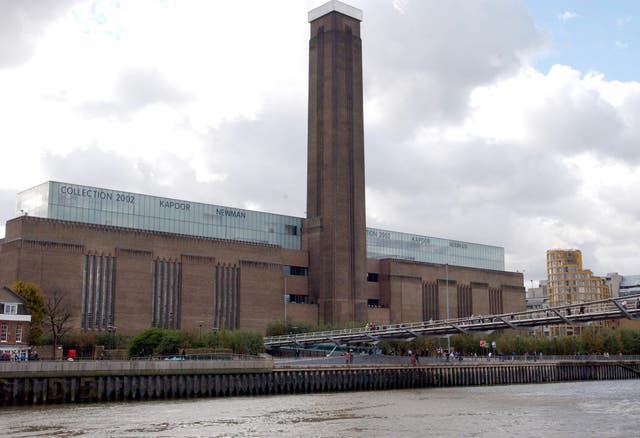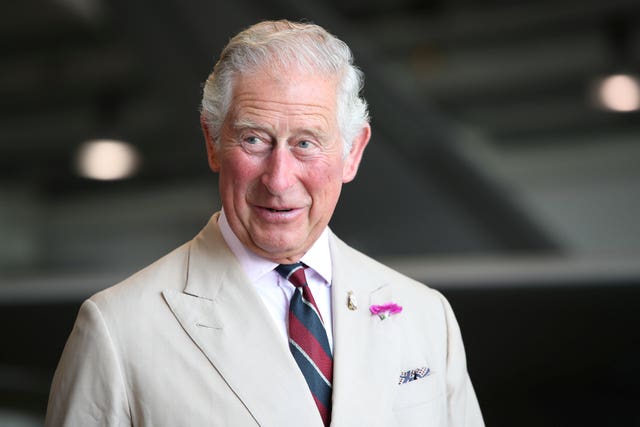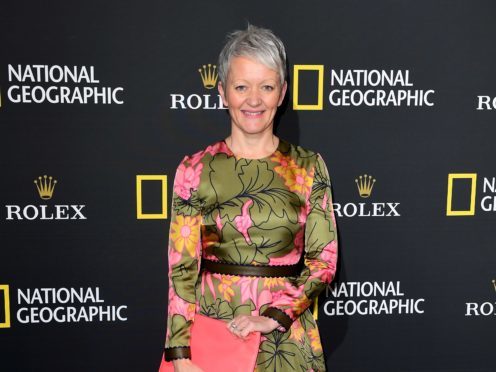Tate boss Maria Balshaw has called for the arts to be at the “core of education provision” in UK schools.
She spoke out following the publication of a study which tracked students over three years.
Tate and the Royal Shakespeare Company (RSC) have suggested five changes to ensure that the arts feature in all young people’s education.
They include offering a full range of arts subjects at GSCE level and ring fencing an amount of money for arts and culture in schools.
The report also makes recommendations at university level and calls for Ofsted to specify in the inspection framework the minimum proportion of curriculum time to be spent studying arts subjects.

Balshaw said: “We cannot overstate the case for an arts and cultural education for all.
“Arts subjects must be at the core of education provision in the UK in our schools, be they state-funded or independent, and in our universities.
“We must listen to the reverberating sound of the 6,000 voices that are part of this important piece of research and act now. Otherwise, we will be failing the children and students who are the creative future of the UK.”
The study tracked 6,000 responses from young people aged 14–18, monitoring students and teachers over three years.
It pointed to increasing difficulties that state schools face in giving access and priority to arts and cultural education.
RSC deputy artistic director Erica Whyman said: “The strong, consistent and thoughtful message from the young people in this study is that arts and cultural subjects are uniquely important in equipping them for both academic and employment success.
“If we want this generation to have the key skills required to thrive in the workplace of the future, we need to listen to them now.”

The report said that more than a third of the students surveyed rely on their school for access to the arts but there is no level playing field for students and their families.
The report comes after the Prince of Wales was said to be “very concerned” about the decline of the arts in schools, the boss of one of his charities previously said.
The RSC, Tate and the University of Nottingham examined the benefits of arts and cultural education in a report funded by Arts Council England.
The study analysed 6,000 responses from young people aged 14–18, tracking students and 63 teachers over three years.
A Department for Education (DfE) spokeswoman said: “Music and arts are a valuable part of the broad and balanced curriculum we expect all pupils to receive and Ofsted already inspects schools on this basis.
“Music and arts are compulsory parts of the curriculum for children in state funded schools up to the age of 14 and we expect all pupils to be able to study it as GCSE.
“We are investing almost half a billion pounds in arts and music programmes, more than any other subject apart from PE and Sport.
“Our £300 million music hubs programme offers every primary and secondary school student the chance to learn a musical instrument and additionally we are spending almost £120 million on programmes to help talented musicians and artists from all backgrounds attend prestigious institutions, like the Royal Ballet School in London and Chetham’s School of Music in Manchester.”
